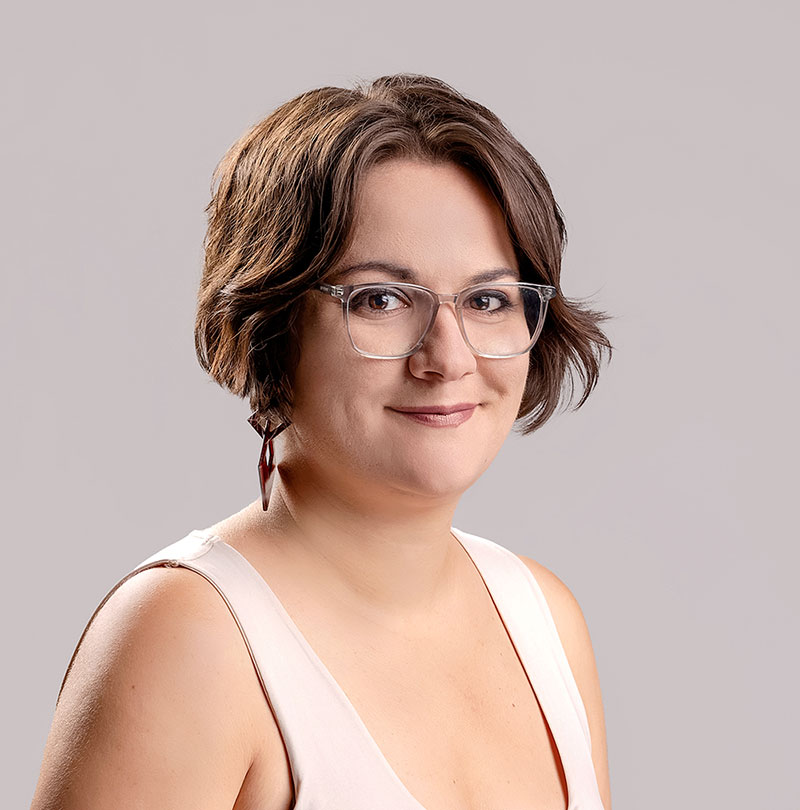No time for Greek? How busy adults can still learn
All too often, learners of Greek, despite having a strong interest in learning the language and dedicating hours to lessons, feel that they are not “doing enough” in their private studying time. It is no secret that in our society, being an adult means striving to keep up with professional and private responsibilities that leave little time (and mental space) for studying something new. However, in my experience, the issue is a bit more complicated than that, and I will attempt to unpack it.
The Big Obstacle: Perfectionism (and Its Sidekick, Procrastination)
As adults, every new learning adventure comes with baggage, such as:
- Negative experiences during school years (pressure, feelings of incompetence in difficult tasks, negative comments from teachers, grades)
- Shame around starting something new and “failing”
- All-or-nothing mindset
- Lack of self-confidence and lack of trust in the learning process itself
In a world where we are so often judged based on our skills and the results of our work, taking the first steps into a new learning field can feel risky—whether it’s exercise, music, or a new language. I understand this very well myself, because I was also raised in an educational system that promoted perfection and being mistake-free.
It is normal to have a love/hate relationship with learning when we load it with so many expectations. But there are solutions.
Adapt Your Learning Goals to Your Life and Schedule
If you have 10 minutes a day to study Greek, this is great. If, on any given day, you feel like studying a bit more, that is also great—but not obligatory. If at some point you wish to dedicate more time to learning (for example, if you have an upcoming exam, a trip to Greece, or a social occasion with Greeks), you can adapt accordingly.
I never pressure my students to study at home. If a student wants to practice more, I give exercises tailored to their goals between lessons or point out areas that could use extra attention. My role is to support and guide you—I’m not here to force or guilt you into doing more.
Less Formality, More Fun
You don’t have to sit at a desk for three hours writing grammar tables. There are myriad other activities that will be more enjoyable and will also advance your Greek. I encourage students to “play” with the language as much as possible. For example, write (or say out loud) a phrase with a new word. Write 10 lines in a personal diary style. Of course, these activities vary depending on your level, but you get the idea.
Embrace Mistakes Wholeheartedly
That’s right—your biggest judge is yourself. No one (not me, and not Greeks) will expect you to be perfect. What really counts are intention, effort, courage, and a sincere desire to communicate.
Combine Your Personal Interests with Greek
This is my favorite tip. Whatever your personal interests—hobbies, music, cooking—, find content about them online and immerse yourself. You will learn more about something you enjoy, and also improve your Greek. You will also gain vocabulary and cultural knowledge that you can use with Greek friends or family, or even in a relevant community in your city or online. The possibilities are endless.
Celebrate Your Progress
Look at older notes of yours. Record yourself now and after two months. Students often describe with enthusiasm the moment when they realize that they don’t know how, but they suddenly understand a complex text or two people talking. They don’t need to translate in their heads anymore—they just understand and speak.
You can make the Greek language a part of your life instead of a field where you have to prove yourself, and trust that progress is always happening quietly. As a favorite quote of mine says:
“When nothing seems to help, I go and look at a stonecutter hammering away at his rock, perhaps a hundred times without as much as a crack showing in it. Yet at the hundred and first blow it will split in two, and I know it was not that last blow that did it, but all that had gone before.” — Jacob A. Riis
What ideas did you get from this article about your own learning practice? Feel free to comment or share this with someone who is currently learning something new!

Katerina M.
Professional Teacher of Greek as a Foreign Language
Newsletter
Join the newsletter for fresh updates, ideas, and inspiration!


